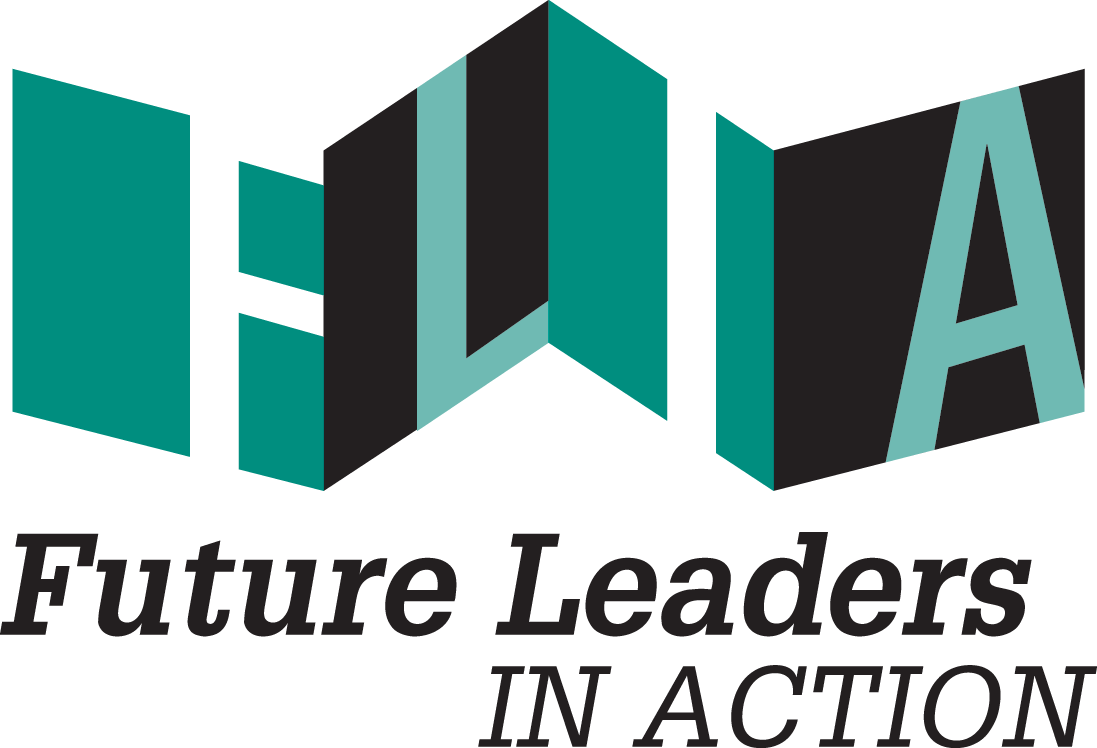Three days before I began my fellowship, I arrived back in Portland after working in Sri Lanka for six months with a mental health and teaching organization. I was responsible for designing and implementing educational curriculums and recreational activities to underserved and disadvantaged individuals. I ended up largely working not only with these individuals but in conjunction with their families, and later with groups of families as we focused on the community we were helping. Little did I know that this experience would come to support my work with FLIA and Boys & Girls Clubs of Portland (BGCP).
After I concluded my program in Sri Lanka, I found the listing for a “family orientation fellow” with FLIA, an organization whose mission was to aid youth-focused community nonprofits. I knew that I wanted to continue working in the social sector, and this fellowship seemed to provide an opportunity to delve deeper into nonprofit and community work within Portland. Although I had never worked with Boys & Girls Clubs, I had worked with other community-based organizations in the Portland area during my college years and felt this aligned well with my passions.
I often find myself drawn to work that involves building communities by strengthening individuals and their families. At a recent training I attended with BGCP staff, a sizable portion of the staff shared that they were a past Club member. However, I was not part of that population. Growing up, I would have loved this type of after-school program, but I hailed from an immigrant-heavy, blue-collar town that often did not have the resources or the cultural background to install these types of programs.
Yet, our community was small, tight-knit, and families knew each other. Parents would reach out to other parents, children to other children, and oftentimes a combination of families reaching out to support one another.
School clubs meant I spent my childhood engaging in various types of volunteer work from helping immigrants learn to read to performing plays for younger children.
I believe strongly in serving our communities, and I am perpetually drawn to roles where I can help with strengthening and engaging families as a way to build community. The work I do at BGCP honors the families who taught me the resilience of community and opportunities it can provide while I was growing up. Eventually, I want to work with families as a psychologist either from a legal advocacy standpoint, or as a direct provider for low-income, underprivileged youth and their families. The work I'm doing as a part of this fellowship allows me a practical window into understanding and experiencing family engagement within community organizations, and I look forward to continuing to explore it.
One of the aspects of addressing family engagement this summer means focusing on resource availability: What resources within the community are available for families? Are families aware of these resources? Are they aware of how to find and use these resources? How accessible are they for families and how can we implement programs and tools that help them better access resources?
I want to be able to provide the same type of clarity for Club programs and resources through onboarding resources that really function as resource navigation tools.
One solution we are working with is a family onboarding program that answers these questions for families before a life situation arises where they are needed. From my own experiences, I know I was not always aware of what resources I needed or had access to, but when the options were laid out, I had a starting point. I want to be able to provide the same type of clarity for Club programs and resources through onboarding resources that really function as resource navigational tools.
If we can provide easily digestible, informative tools like handbooks, activity sheets, or FAQ lists from the moment members join, the result would be an efficient and direct distribution of information from each program to each family its serving. If we can provide access to existing resources, such as pamphlets or flyers from other organizations that provide services ranging from shelters to educational courses, we can facilitate further support for a strengthened Club community. My goal as a fellow is to enable more communication between the organization and the families they're supporting in a way that enhances our community ties and effectively provides direct resource navigation.
At the end of the day, I want the families that Boys & Girls Clubs of Portland serves to feel confident asking for help and resources, and I can't wait to support that process.


